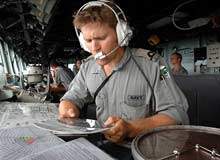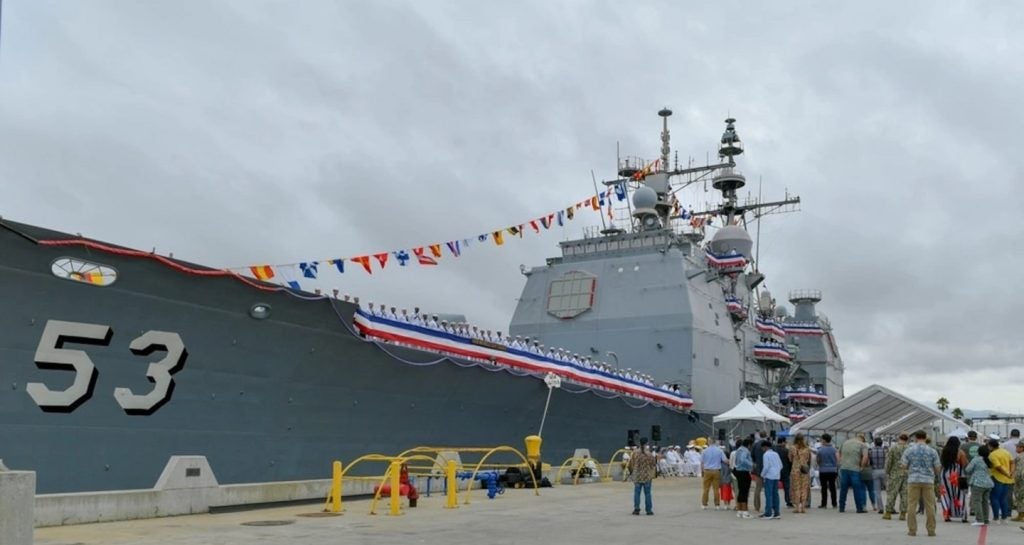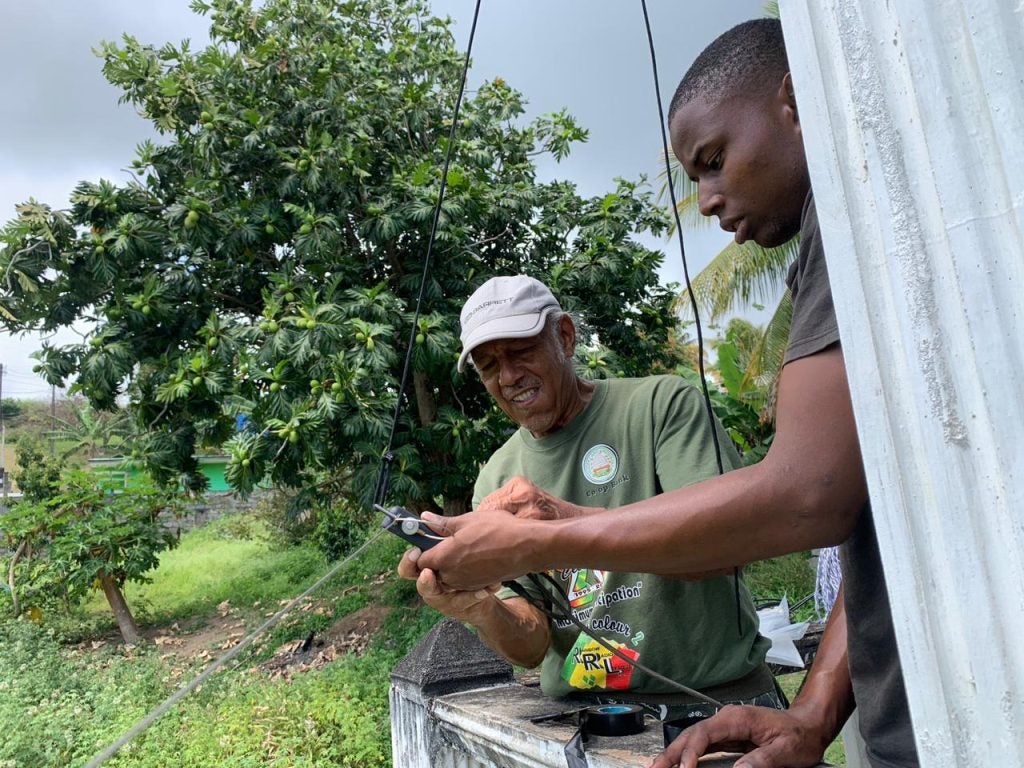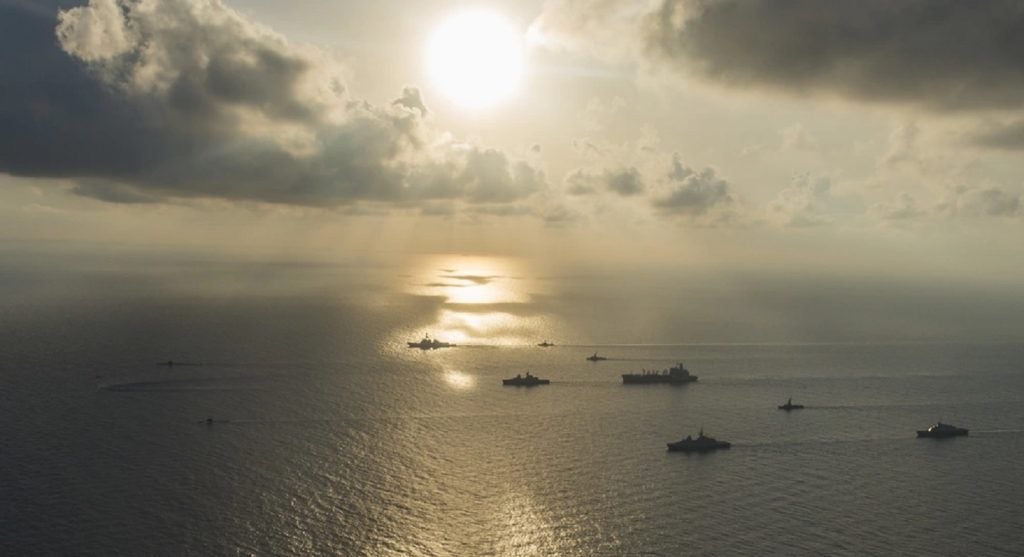
In the split-second world of military operations, the quality of relationship between forces and those that provide mission-critical systems for communications, recovery and security is something that is rarely taken for granted.
So when the Royal Australian Navy (RAN) decided to sign a contract for the management and implementation of its IT infrastructure, it knew it would be creating a lengthy understanding between itself and Australian-owned ICT services firm KAZ Group.
From compliance to basic communication needs – such as keeping Navy personnel in touch with loved ones back home – KAZ is responsible for it all with both its own in-house team and members of the RAN helping to support the navy’s daily requirements.
It has already been a long, ongoing relationship, with a recent contract being nothing more than a renewal on agreements already underway at the Sydney-based operation.
How well do you really know your competitors?
Access the most comprehensive Company Profiles on the market, powered by GlobalData. Save hours of research. Gain competitive edge.

Thank you!
Your download email will arrive shortly
Not ready to buy yet? Download a free sample
We are confident about the unique quality of our Company Profiles. However, we want you to make the most beneficial decision for your business, so we offer a free sample that you can download by submitting the below form
By GlobalDataAnd according to an RAN spokesperson, this relationship has matured over time with a degree of confidence and trust following the ‘highly effective management of services provided to the fleet’.
See Also:
Both parties acknowledge the fact that KAZ, being an Australian organisation, has precluded any of the sorts of cultural issues that can beset large ICT contracts. But running even deeper than the mutual joy at beating England at cricket, many of KAZ’s staff are ex-service men and women, furthering the camaraderie.
RAN – GROWING WITH IT
KAZ’s new contract is ‘more expansive’ than its predecessor, including the transformation of the navy’s Fleet Information Systems Support Organisation (FISSO) into an IT infrastructure library (ITIL)-compliant company with greater accountability driven by service level agreements (SLAs) and a best practice suite of tools to ensure the maintenance of deployed systems.
KAZ has also led the development of RAN’s seven technology enclaves which it believes will allow for more focused projects surrounding the Navy’s IT.
THE CENTRAL CONTROL
FISSO is the technical, administrative and operational authority for all fleet information environment computing assets for RAN. These include the restricted high (RH) and secret high (SH) local area networks (LAN), coalition networks (COWAN), global command and control system – maritime (GCCS-M), and other classified and unclassified information management and intelligence systems installed in RAN ships.
For several years KAZ has been the prime systems integrator at FISSO and is responsible for the maintenance and management of the RAN IT infrastructure, from the development of the standard operating environment, rollouts of hardware, to help desk and level two and three support based on contractual SLAs.
In addition to the need to support and bolster existing capabilities, RAN is also looking to KAZ to help it develop solutions to new and evolving challenges.
Currently RAN conducts the bulk of its communications through a sophisticated IP (internet protocol) network which continues to grow in scope and scale.
“The navy is investigating a broad range of new information technologies through the Defence Science and Technology Organisation, Defence Material Organisation and internal navy agencies including the FISSO,” the RAN spokesman says.
The expansion is being conducted through major and minor projects that will deliver an ACP 200-based maritime tactical wide area network, and highly capable restricted and secret local area networks.
THE COMMUNICATIONS CHALLENGE
The improved handling and protection of restricted and highly sensitive communications remains a perennial challenge. For instance, the navy recognises that electronic espionage is a threat that looms larger now than in the past and has devoted significant resources to combat it.
“FISSO is fully aware of the increasing threat to the navy’s networks, and the consequences of that threat as these networks are increasingly integral to maritime war-fighting,” RAN insists. “The navy is devoting significant efforts to address this and benchmarking these efforts with that of allied navies.”
Security is also a driving factor in the ongoing development of RAN’s secure portal framework which is being built to route data more intelligently. “FISSO in partnership with KAZ has provided significant support to national and coalition proposals in this area,” a KAZ spokesman says.
The challenges of ensuring security and privacy in the corporate environment, especially financial services, have inspired solutions of immediate interest to the armed forces. “KAZ has provided white papers and consulting on failover and disaster recovery and has linked FISSO personnel with CIOs from the banking and financial world, all of whom have a common interest in privacy and security.”
A UNIQUE SITUATION
Nevertheless, “defence operations, be it war-fighting or disaster relief, can and usually do occur with little or no warning. As a consequence the levels of support must be able to expand and contract at short notice, whilst still maintaining BAU (business as usual),” KAZ says.
Also up for expansion is RAN’s COWAN (coalition wide area network). “New coalition core infrastructure has been developed by KAZ to provide greater reliability of services, and will provide a platform for supporting the introduction of SEA 1442 and NMP 1772 capability to sea in the next 12 months,” RAN says.
SEA 1442 is RAN’s communications and information systems (CIS) programme, designed to achieve better performance of new and existing technology, as well as better integration between what RAN describes as disparate and ‘stovepipe’ systems. NMP 1772 is RAN’s wireless LAN (WLAN) project, an important part of the recently announced Amphib (amphibious) ships project.
KAZ says it works constantly and closely with coalition countries under the auspices of FISSO to ensure compatibility of systems and services and provides IT services to other areas of the military.
THE OUTSOURCING ISSUE
An important aspect of KAZ’s service offering is keeping RAN abreast of technology white papers and briefings for at-sea technology, while keeping the navy alert to potential cost-saving opportunities it could realise through IT.
While the navy acknowledges that its strong relationship with KAZ has been largely responsible for retaining its confidence in the outsourcing route, it notes that outsourcing generally has the key benefit of quickly bringing specialised skills to bear in critical times.
“The navy prefers to outsource the service support of the fleet information environment as this relationship allows niche skill sets to be brought to bear quickly to meet priority operational requirements, and the adoption of best industry and commercial practice to deliver consistent, high levels of support in a difficult IP environment,” the RAN spokesman says.
IS OUTSOURCING SECURE?
It would seem that there are very few areas untouched by outsourcing. In the corporate world there are understandable mixed feelings about the practise; who owns customer’s data and who is accountable for protecting it are issues that frequently stir emotions. From the point of view of armed forces and those charged with matters of national security, however, these issues take on a special significance indeed.
The level of trust between client and supplier is a matter of great importance and in a market where Australian companies so often bemoan the presence of multinational rivals, being a local provider appears to be, if not the trump, at least a high card when it comes to dealing with RAN.
“KAZ prides itself in being the largest wholly Australian-owned ICT company and has forged strong relationships with Australian small to medium-sized businesses and large multi nationals to provide end-to-end ICT services to the ADF,” KAZ says.
On top of that – and not because they’re delirious from too long at sea – many RAN personnel recognise many of their own at KAZ.
“Many of the key personnel in the KAZ defence team have served in the ADF prior to joining KAZ and share a common bond of service. KAZ also provides the benefits of commercial experience to implement a value-for-money outcome based delivery philosophy,” KAZ says.







